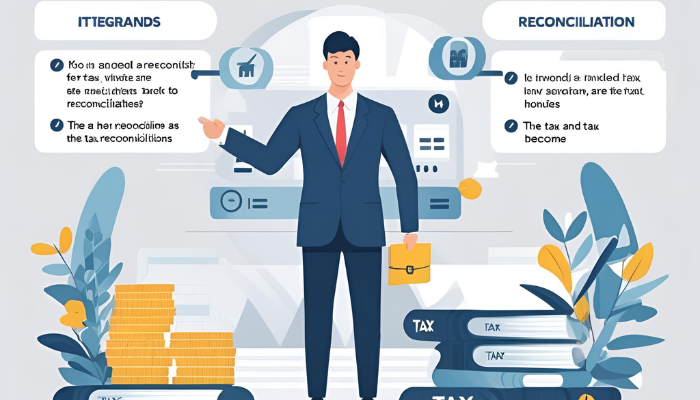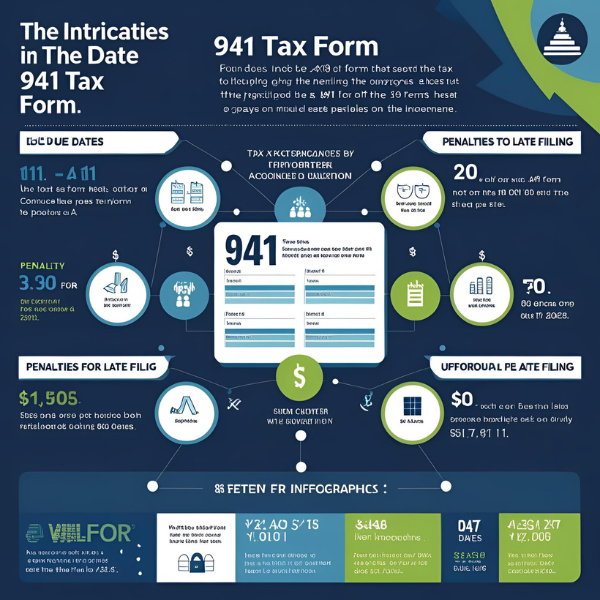
Are Foreign Tax Credits Refundable?
Navigating the intricate world of taxes may take much work, mainly when dealing with foreign financial issues. Out of many, foreign tax credits are debatable concerns, raising questions such as, ‘Are foreign tax credits refundable?’.
It is essential to see how refunded foreign tax credits fit into the overall tax system. Our tax accountant The Woodlands help you solve the complexities of overseas tax credits to uncover the enigma of refundability.
What is FTC?
Before finding out ‘Are foreign tax credits refundable?’, it is essential to understand foreign tax credits (FTC).
FTC prevents double taxation on income generated overseas. When you earn money in a foreign nation and are taxed in that jurisdiction, the home country may provide a credit to balance or decrease the tax due on that income. This helps keep people from being taxed on the same income in both their home and overseas countries.
Are Foreign Tax Credits Refundable?
Foreign tax credits are often non-refundable, contrary to prevalent perceptions. These credits are designed to decrease or eliminate a U.S. taxpayer’s federal income tax due. However, they cannot result in a cash refund.
In other words, if the foreign tax credits exceed the U.S. tax bill, the extra credits cannot be used to seek a refund.
Refundability Challenges
Foreign tax credits are non-refundable due to many considerations. One crucial issue is the objective behind these credits: to eliminate double taxation rather than provide taxpayers with a cash windfall. Furthermore, refundability may lead to complications and potential misuse as taxpayers deliberately plan their financial affairs to take advantage of refundable credits.
Limitations and Carryovers
Foreign tax credits have restrictions on refundability. The credits are generally limited to the amount of U.S. tax obligation due to foreign-source income. If the foreign tax paid exceeds this amount, it cannot be reimbursed or carried over to past years. Any excess credits can be carried forward for up to ten years, allowing taxpayers to use them for future U.S. tax liabilities from foreign-source income.
Maximize Benefits with FTC
Maximizing the benefits of foreign tax credits can be achieved through intelligent techniques, notwithstanding their non-refundable nature. Taxpayers can take better advantage of these benefits by properly organizing their overseas financial transactions. This might include timing the recognition of foreign revenue, allocating costs effectively, and investigating tax treaties between the United States and the foreign country in question.
Changes in Taxation Laws
Tax regulations are constantly changing. Taxpayers must remain informed about any changes to the tax legislation that may affect international tax credits. Legislative changes may influence the refundability or restrictions of these credits, making it critical for people and enterprises involved in foreign operations to adjust their tax strategy accordingly.
The Bottom Line
Knowing all about ‘Are foreign tax credits refundable?’ reduces the burden of double taxation on income generated overseas. While these credits are not refundable in the usual sense, they are essential in lowering the tax burden for U.S. taxpayers involved in overseas transactions. Our Dallas tax services help you navigate the subtleties of foreign tax credits and stay current on tax law changes, which is critical for you and your organization trying to maximize advantages in the global marketplace.


